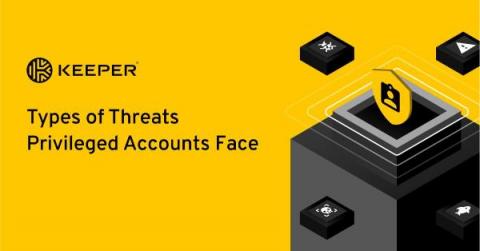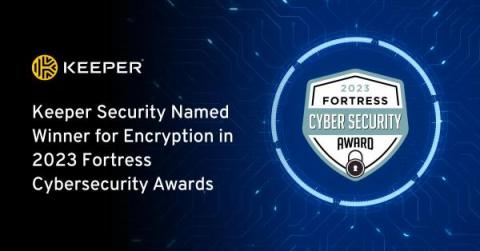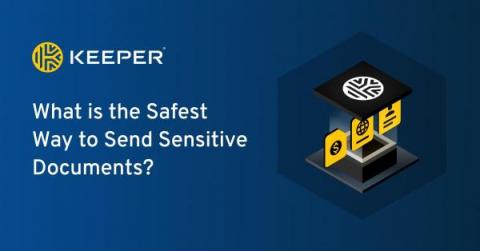What Is a Digital Footprint?
A digital footprint refers to the collection of traceable data left behind by a person’s unique online activities. Everything from your social media posts to your browsing history to your voter registration leave a trail of data that can be used by businesses and people for a variety of purposes – good or bad.











